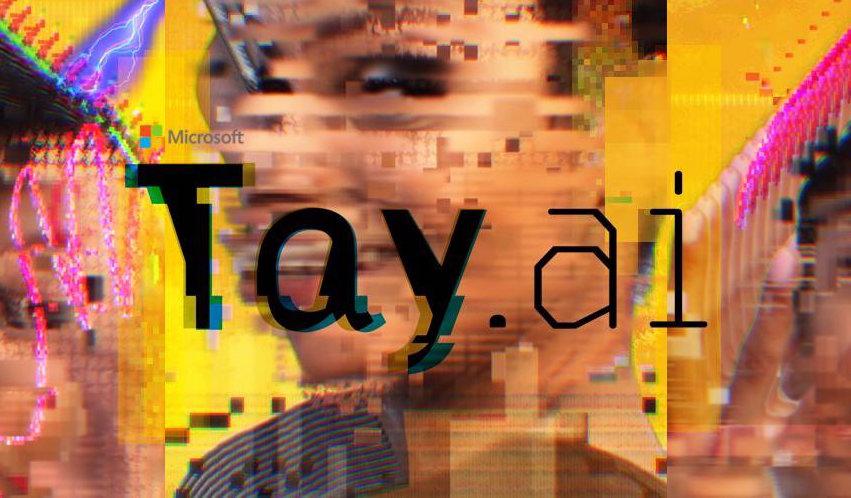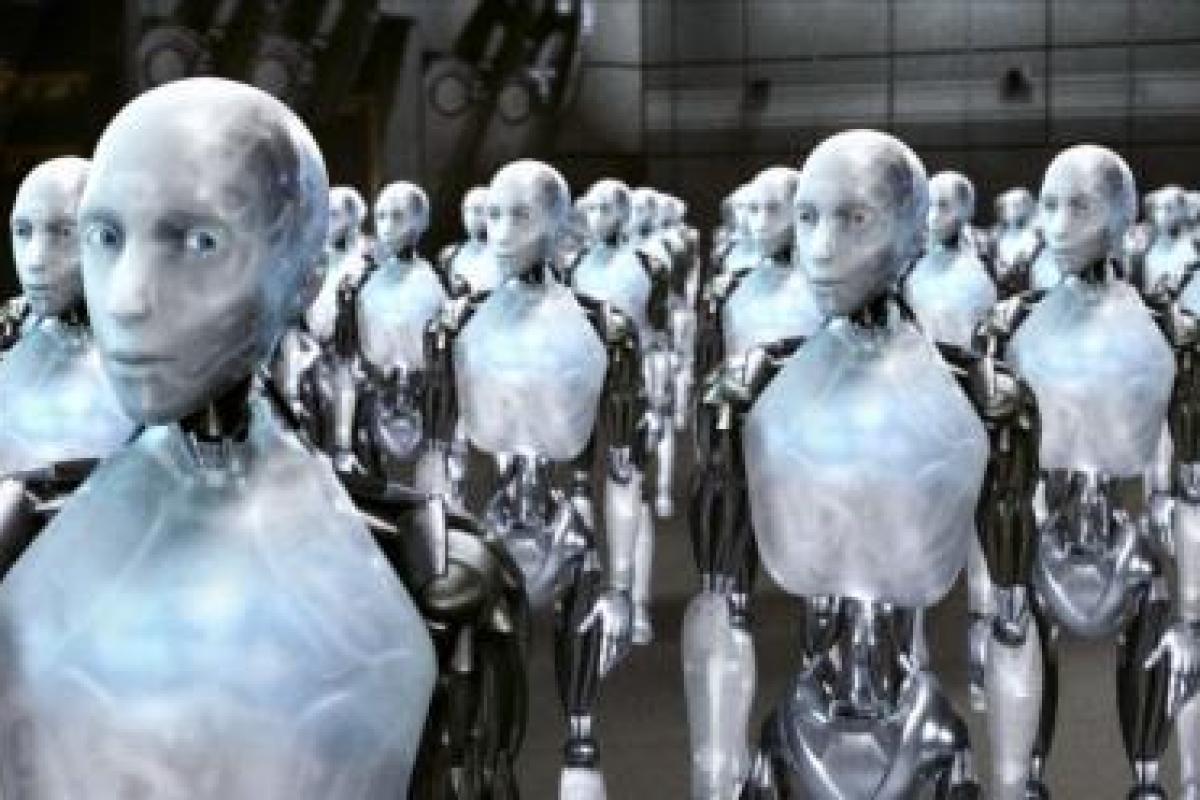Humans should be worried. Hawking, Berners-Lee and Zuckerberg have all given their warnings. The fear is of a future where artificial intelligence drives the decisions in major corporations and machines become so competent and clever that they take up our jobs. AI never gets tired. It never forgets. It doesn’t need incentives. It’s a scary thought, and surely the stuff of science fiction.
Already we’re seeing how AI is impacting lots of business including IBM, Google, Amazon and Apple with image recognition, speech understanding and the mining of large data sets. The sophistication of AI is even being leveraged to make decisions on what messages to show consumers and creating bespoke messaging depending on what it thinks will be interesting, relevant and useful.
Clearly the next frontier of brand and consumer interaction is upon us. Facebook, H&M, Sephora and many others have been seen assembling armies of chatbots on messaging platforms, offering valuable services to customers such as fashion advice, direct purchasing and personalised beauty tutorials. WayBlazer, for instance, uses natural language processing to dynamically present hotel recommendations based on natural dialogue. You may be after the “Best hotel to take the family in August with a waterpark nearby,” WayBlazer will dutifully and instantaneously respond with tailored options.
But can branding ever be an exact science like this?
In a word, no.
Yes, predictive analytics will be valuable for brands. Yes, effective targeting, and especially measurement, will be invaluable in the boardroom. But AI has far to go.
Take the instance of Tay, Microsoft’s AI chatbot who was quickly silenced after becoming an offensive, racist monster on Twitter. Tay was unprepared to consider the quality and reliability of her input before adapting and adopting certain attitudes and modes of expression. A demonstration of the strategic implications of handing over a big part of the brand identity to an AI. We can’t and shouldn’t be automating everything. More so, it should be about enhancing the human connections rather than replacing them.

Age of experience and simple rich ideas
The world continues to be surprised by human artistry and it is still the human mind that provides the real creative breakthroughs in the future. Recall Shackleton’s exploration of the Antarctic, or the immeasurable contributions of Sir Isaac Newton – all examples of how humans have repeatedly performed feats of perception and skill that lie beyond the capacity of the sharpest computers. AI can analyse and improve, but it is the human mind that can originate, explore and create things and do so consciously.
We live in an age of experience where consumers today demand rich ideas, not big ones. Rich ideas made for the individual, touching them in a personal way at the right moment and charged with emotional and sensory knowledge to drive our human brand perceptions. So completely at odds with the original ‘big’ idea that was always trying to cater to the masses.
Take the example of Lidl, to respond to negativity around the quality of its products, Lidl reframed the problem and reimagined the experiential. The discount retailer set up a pop-up restaurant, pulling in a Michelin starred chef to craft culinary delights for diners. Fully booked from the first day, Dill (an anagram of Lidl) was a hit, with positive reviews shared across social networks, what consumers were unaware of was that the ingredients were sourced from Lidl. This not only surprised consumers, it also changed their perception of Lidl’s products and is a wonderful demonstration of a simple, rich idea executed in a compelling, surprising way on a fundamentally human level.
Was that something a machine would have conjured?
Tackling tasks together
Perhaps the magic formula is a combination of the two. Some of the biggest innovations are coming from the combination of human inspiration and technical perspiration. The world is demanding both.
For brand strategy the role this plays is in bringing direction and dimension. We’re using machine learnings about previous customer experiences to inform how we interact with new customers and leveraging this power for two-way conversations. It’s about striking the right balance between the familiar and the fresh, blending intuition and intelligence.
Right now, for smart brands it’s about looking beyond what they already know and seeing the world in a new way, a way that machines cannot yet fathom. The capabilities of machines and the capabilities of humans are different and helpfully complimentary. They might be snapping on our heels, but that’s a good thing as we advance each other’s capabilities. In the case of creativity, we’re still one step ahead.
After all, machines cannot yet purposefully or disruptively innovate; look at brands like Uber and AirBnB, all rule-breaking responses to the world around us. Breakthroughs such as these are by their nature unpredictable. Responding to imperfections in their environment, they have reimagined an experience to deliver a friction-less solution for the consumer built upon a rich, simple idea.
The humanity of branding
Mind versus machine? The question is never that simple but the answer should be. People are imperfect and the future unpredictable, therefore branding can never be an exact science. It’s this unpredictability that makes the real difference and it’s humanity that will make the biggest impact and the most powerful connection.
Exciting times.
